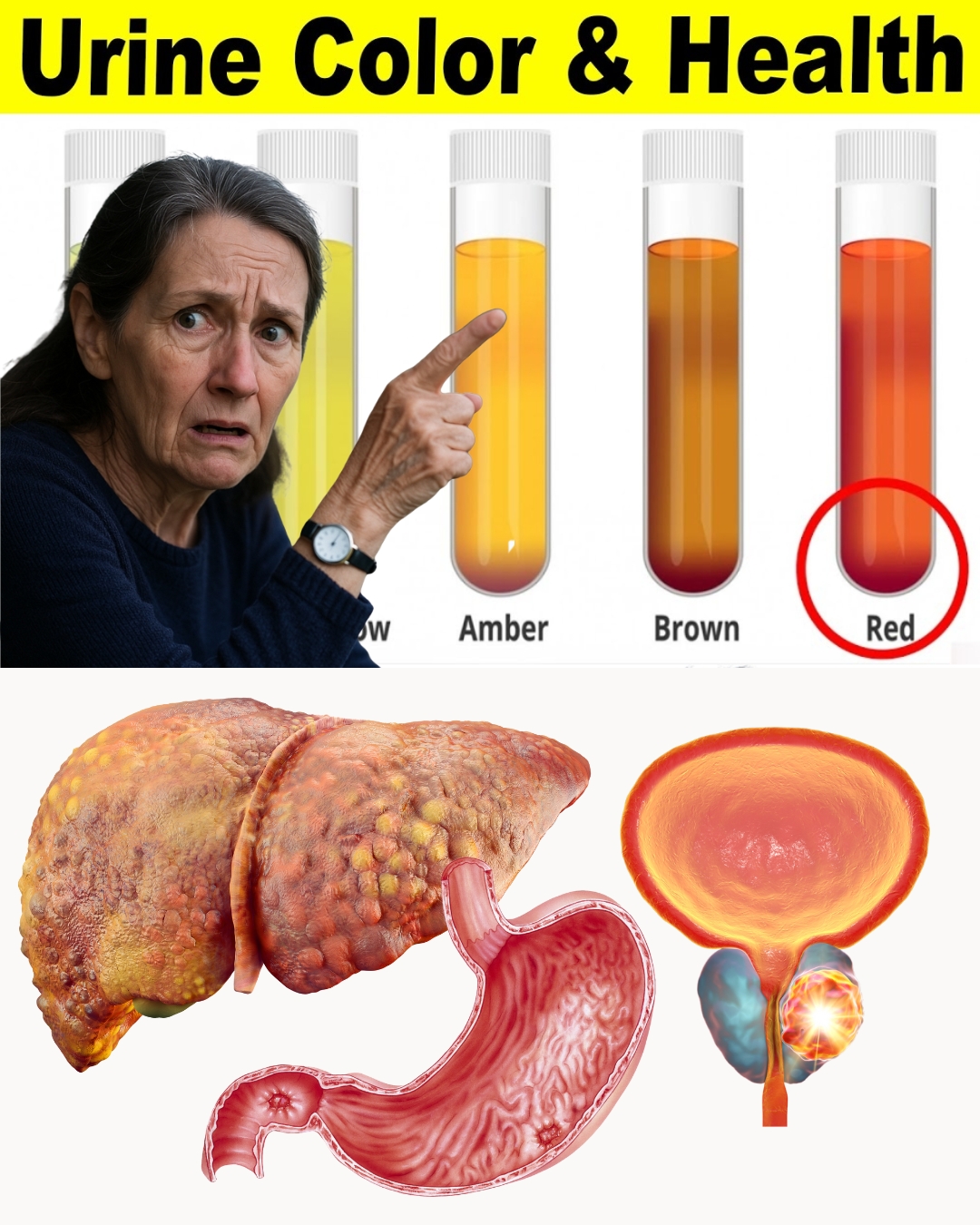Introduction
Have you ever glanced down after using the restroom and wondered about the color of your urine? It might seem like a mundane detail, but your urine color can actually be a window into your overall health. Changes in color, clarity, and even odor can signal everything from simple dehydration to more serious underlying medical conditions. Paying attention to these subtle cues can empower you to take proactive steps towards better health. Let’s dive in and explore what your urine color is trying to tell you!

Decoding Your Urine Color: A Rainbow of Clues
Clear Urine: Hydration Hero or Something More?
Clear urine might seem like a sign of optimal health, but it can actually indicate that you’re overhydrated. While staying hydrated is crucial, excessive water intake can dilute important electrolytes. In rare cases, persistently clear urine could also be a sign of certain conditions like diabetes insipidus. If you’re consistently drinking large amounts of water and producing clear urine, it’s a good idea to chat with your doctor.
- Healthy Hydration: Aim for pale yellow, not clear.
- Overhydration: Can flush out essential electrolytes.
- Rare Causes: Diabetes insipidus might be a possibility.

Pale Yellow: The Gold Standard
Ah, the color we all strive for! A pale yellow or straw-colored urine is generally a sign that you’re well-hydrated and healthy. This hue comes from a pigment called urochrome, which is produced by your body as it breaks down hemoglobin. A happy balance of fluids ensures this pigment is diluted just right, giving your urine that healthy glow.

Dark Yellow or Amber: Time to Hydrate!
When your urine starts to resemble apple juice, it’s a clear sign that your body is craving more fluids. Dark yellow or amber urine indicates dehydration. Your kidneys are working harder to conserve water, resulting in a more concentrated urine output. Simply increasing your water intake can usually solve this problem.

Orange Urine: Dehydration and Beyond
Orange urine can sometimes be due to dehydration, similar to dark yellow urine. However, it can also be a side effect of certain medications, such as rifampin (an antibiotic used to treat tuberculosis). In some cases, orange urine could indicate a problem with your liver or bile ducts. If you notice orange urine and you’re not dehydrated, or if it persists, consult your doctor.
- Dehydration: The most common cause.
- Medications: Rifampin is a common culprit.
- Liver/Bile Duct Issues: Seek medical advice if concerned.

Pink or Red Urine: A Cause for Concern
Pink or red urine is often a cause for alarm, and rightly so. While it can sometimes be caused by eating certain foods like beets, blueberries, or rhubarb, it can also indicate more serious underlying conditions. Possible causes include:
- Foods: Beets, blueberries, rhubarb
- Medications: Some laxatives and pain relievers
- Blood in Urine (Hematuria): Potential causes include:
- Urinary tract infections (UTIs)
- Kidney stones
- Enlarged prostate
- Bladder or kidney cancer
If you notice pink or red urine, it’s crucial to consult a doctor to determine the underlying cause, especially if it persists or is accompanied by other symptoms like pain or fever.

Blue or Green Urine: Rare but Possible
Blue or green urine is rare, but it can occur. It’s usually related to food dyes, certain medications (like amitriptyline or propofol), or a rare genetic disorder called familial benign hypercalcemia (blue diaper syndrome). In some cases, it can also be caused by a bacterial infection. While often harmless, it’s still worth mentioning to your doctor, especially if you can’t pinpoint the cause.

Dark Brown Urine: Seek Medical Attention
Dark brown urine can indicate a few different health issues. It can result from extreme dehydration, rhabdomyolysis (muscle breakdown), or liver disorders. Certain medications can also cause it. This change in color warrants a visit to your healthcare provider to determine the underlying cause and receive appropriate treatment.

Conclusion
As you can see, the color of your urine is a surprisingly insightful indicator of your health. While occasional variations are often harmless and easily corrected with hydration, persistent or unusual changes should be investigated by a healthcare professional. Pay attention to your body’s signals, stay hydrated, and don’t hesitate to seek medical advice when needed. Knowing what your urine color says about your health empowers you to take control and make informed decisions about your well-being. Schedule regular check-ups and be proactive about your health – it’s the best investment you can make!

